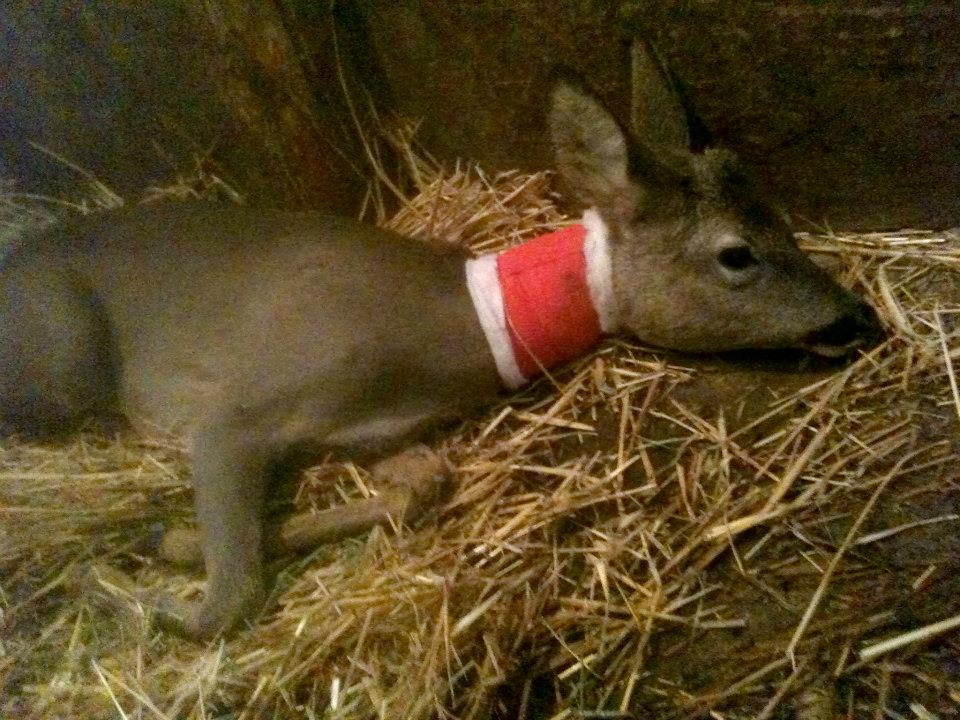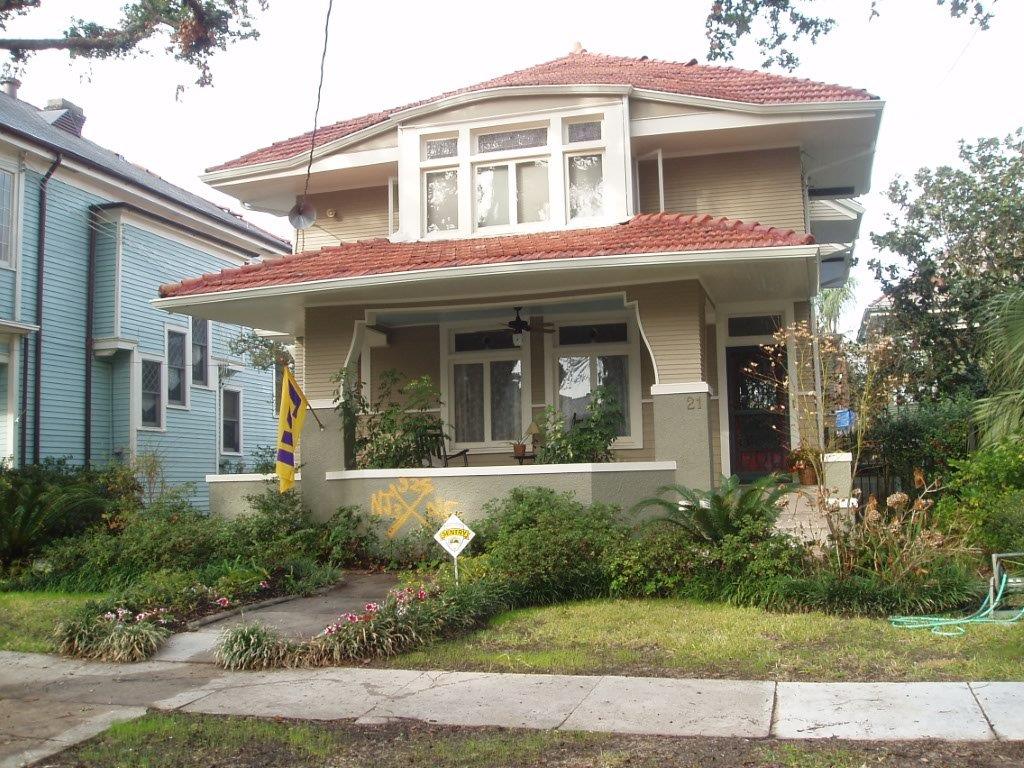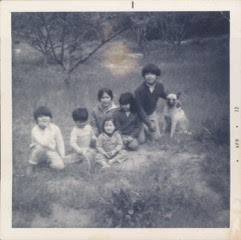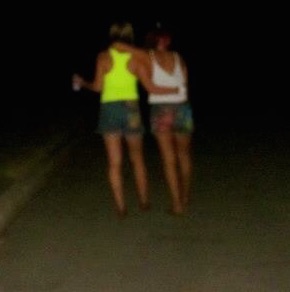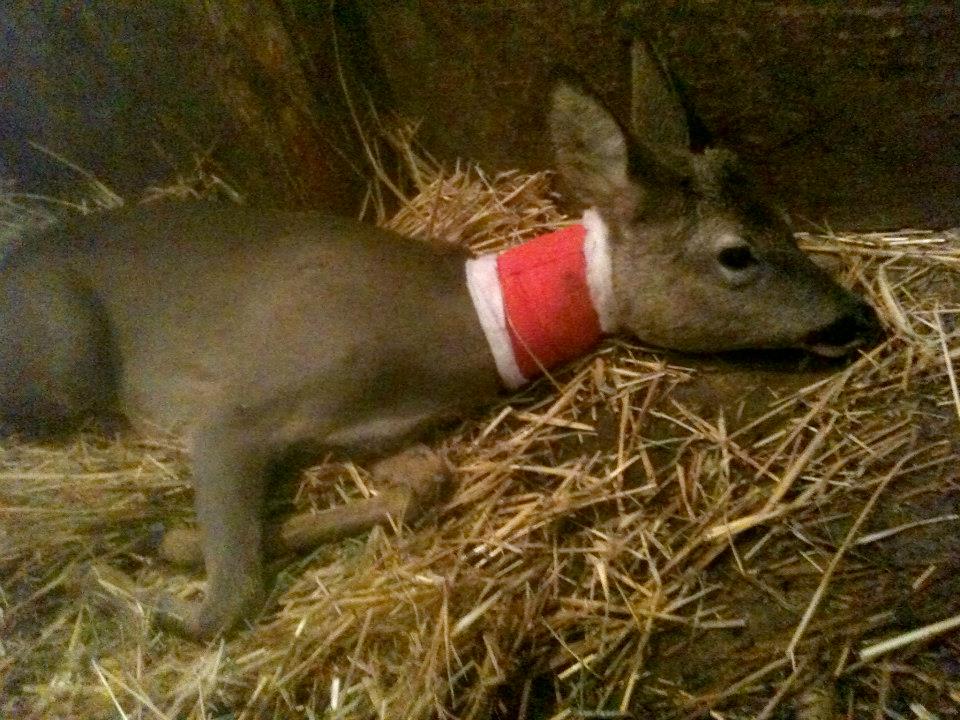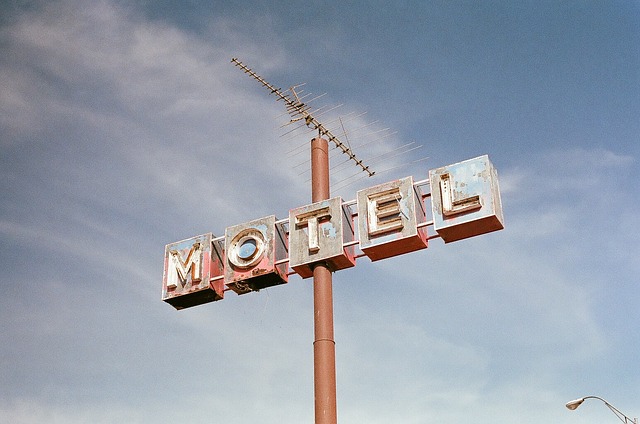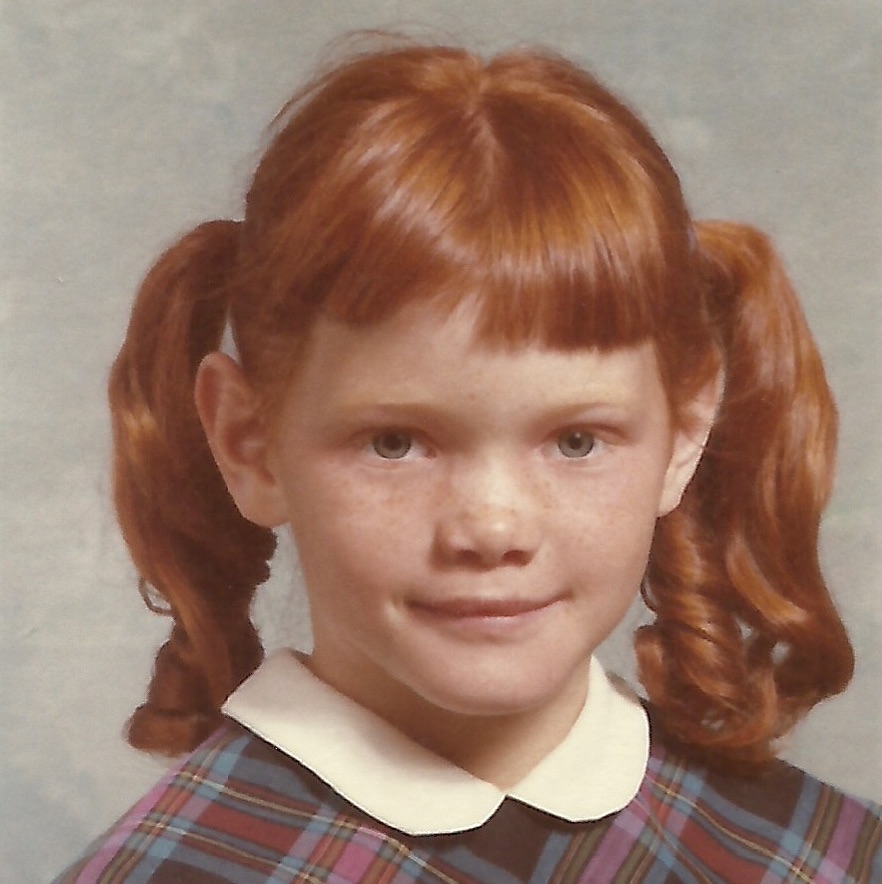The Land Rover Defender bounces over another uneven patch of road, and my stomach jostles with it. Fortunately, we left before lunch was served, or I’d probably be sick. Rudi sees my grimace and grins with a cigarette between his teeth. He’s driving, smoking, and rolling a new cigarette all at once, while still managing to gesture wildly about crumbling stone buildings we pass. I have trouble understanding his rapid Italian at any time, and now, with his words coming through clenched teeth and the noise of the truck on the road, I’m lucky to catch a few words. So I nod occasionally, laugh when he laughs, and cling to the handle above my window.
We’re on our way to pick up a deer.
When I ask Rudi where we are going, his reply is “il culo del mondo,” which is a crass and very Italian way to say “middle of nowhere.” That’s all I know. A deer, hopefully one that we can transport in the Defender, with some kind of injury we can hopefully help with, and hopefully somewhere we can actually find it. There’s a lot of hoping in this work. Rudi started this wildlife rescue and rehabilitation center over 20 years ago without formal education, taking injured animals into his small farmhouse in the quiet, central Italian countryside. I’m here as an unlikely volunteer, with little to no practical experience and the naïve idea that this experience will tell me if working with animals is my calling in life, all because I saw a video online of these people rescuing and re-releasing a wolf. After several animated phone calls to the man who reported the animal, Rudi pulls over on the side of the road. He nods at me, and I get out, unsure of what to do, and unsure of what I can do.
In a small ring of trees about 100 feet from the road, a young deer lies like an offering in the center. It’s so still I think it must be dead until I am standing directly next to it and can see its eyes rolling wildly like those of a spooked horse. We cover those eyes with a mask and immediately the deer seems calmer. I am too. We tie its feet, lift it by the legs onto a sheet, and Rudi and I each pick up a side. Together we carry it to the truck hammock-style and lay it in the bed. Rudi gives it two quick injections–one for pain, one for stress–and we shut the doors. The whole thing has taken only a few, silent minutes and with a fresh jolt of the truck, we’re on our way.
It takes over an hour to get back to the center over the winding, bumping roads. The deer slides around on the smooth wooden slats of the truck bed, thrashing and tossing its head, while I sit in the front, staring over my shoulder at it, praying for it to survive. Just make it back to the center, just live until we get home, I silently chant in my head. Rudi is rolling another smoke and waving his hands to emphasize whatever he is talking about. He knows I can’t understand him, so I don’t pretend to. At one point the deer gets his head caught between the seat and the medical kit, and I can’t keep quiet.
“Rudi!” He raises his sleepy eyelids in surprise, lets the cigarette dangle on his lip. I never speak first.
“Eh? Sì?”
I fumble with my limited vocabulary and point into the truck bed.
“Va bene?” he asks me. All good?
“Non, non va bene. The deer – I mean, il capriolo. Problema, forse.” After squinting at me for a long minute, Rudi figures out what I’m trying to say: I think there’s a problem with the deer. We hop out of the cab and go around to the back. We free the deer’s head and try to rearrange him more comfortably. Rudi seems content when we get back in the truck, but I’m not. The deer is still not at ease. I resume my silent chanting, and we get back on the road, winding and bumping our way home.
Once back at the wildlife center, I help situate the small deer in the stables. In another stall, a now-healthy adolescent buck snorts. In another, a panicked capriole runs into the wall. My deer is still but he cannot stand, and now it’s clear there is something wrong with his neck. His head lolls a bit too far to the side. I crouch next to him and gently try to rearrange his limbs so he is sitting up properly, feet neatly tucked under his body. As I touch him and move his body, I try to make him to understand that I’m here to help, that I want to make him better.
“It’s okay, it’s all right,” I whisper, like I would to a scared dog. “Stai calma,” I add carefully forming a phrase I’ve heard the Italians use. It isn’t reassuring at all when I say it -- he doesn’t understand my Italian anymore than he understands my English. When I take my hands away, he topples back over into the hay and stares at me. I move his food and water within reach and leave him alone in the darkness.
I’ve lived and worked at this Italian wildlife center for the last month and a half, and the thoughts that used to burden me (gossip, boys, my weight, my future) have been replaced with heavier, more substantial concerns. Six months ago, I agonized over every text message from a boy I liked who was constantly just out of my reach. A few days ago, while chopping vegetables, I realized I hadn’t thought of him even once since I arrived here. Now, every day I ask myself these questions: Am I doing enough? Am I causing more harm than good? How can I make these animals understand that I am trying to help? It’s a more admirable obsession, but a heavier one, rooted in the impossibility of communication.
Please just relax, I beg them. You have to eat; you have to drink, I say. Let me help you! Sometimes it’s difficult not to shout these things at them. But I am not deterred. I speak to them constantly, sometimes in English, sometimes in Italian, most often when I’m working alone. It feels like a lie if there is someone else to hear it, because I don’t know if anything we do or say is really going to make a difference.
These questions begin all over again as I move into the neighboring stall to check on the next deer. The victim of multiple dog bites, she lies despondently in the hay. We call her Mama because during her first days here she repeatedly called out for her newly born fawns. The day she arrived they carried her right up the stairs into the makeshift veterinary clinic and laid her on the cool metal table. She screamed and kicked against the strange hands that held her down while we looked at her wound. Her hide still covered it and at first glance, it didn’t seem too bad. But once the curtain of skin was lifted, I could see that huge chunks of muscle had been torn away. Even now, weeks later, a gaping hole remains. She cannot stand, and now she no longer kicks.
I lift her hind end just enough to slide a fresh sterile pad between her and the hay. “Stai bene, Mama.” She looks away, no longer well enough to protest. I flush and treat the wound as best I can under the dim light, on the hard-packed dirt floor. Lastly, I pack it with gauze and cover it in honey, which should help fight infection. These are the steps I’ve learned from watching the older staff, writing down phonetic spellings of words I don’t understand, and painstakingly translating them in my room at night. There’s no money to keep veterinarians on staff, so this is the best we can do for Mama. The smell of her wound, her dying flesh, the honey, and the rank stench of Mama’s fear make a sickeningly sweet, rotten odor that hangs in your nose and coats your throat. It seeps into my hair, my clothes, my skin, and it follows me back to my small room.
I’m 22, the only English speaker for miles, and for the first time ever I feel completely helpless. It’s jarring to realize how little control I have over the outcome of these animals’ lives, and in turn, over my own. Mortality – everyone and everything’s – has never been part of my self-identity or worldview, and now it is ego-crushing. I think of the deer lying in the green circle of trees, sandwiched between heaven and earth, and I think of the shadowy stall and dirty hay. It’s impossible to say for certain that he would have died there and will survive here.
I feel horrifyingly insignificant and unequipped. I don’t know how to communicate all the things I need to say, not just to the animals I’m caring for, but also to the people working alongside me. Expressing basic needs and wants is already difficult, let alone initiating a complicated, philosophical discussion. At dinner, I ask for the oil and vinegar, and it takes two minutes of pointing and guessing before the right items are passed down the table. While cleaning enclosures, we keep conversation within the limits of my vocabulary: food, animals, tools, Thank you, and You’re welcome. My coworkers are kind and patient, but I don’t speak their language any better than I can speak the deer’s.
In the morning, I roll out of bed and into my boots, and trudge up the frosty hill to the stables. I’ve learned that it takes one glance in each stall to tell if the animal is alive. My deer has lived; the young buck is alive; the small deer collides with the wall again, alive. But Mama is dead. I let the door swing all the way open, no longer concerned she might escape. Even when alive, the thought of her jumping to her feet and bolting past me was more hopeful than likely. There is a lot of hoping in this work. I slouch against the wall, slide down to sit beside her. Her face is as empty as my chest feels. Once back at the house, I announce it as best I can. “Mama è morta.” Rudi swears loudly, kicks his chair back, and leaves the house, muttering to himself angrily. The others dissolve into sad, rapid conversation, so I sit alone with my question: Could I have done more?
After breakfast I hike back to the stable armed with gloves and a wheelbarrow. Lara, my co-worker for the day, walks silently ahead of me. She’s Italian, short, with a blonde buzz cut and a sharp jaw. She shakes open a black garbage bag as I pick up the full-grown deer. Mama’s weight, surprising when she was alive, seems doubled by death. I hoist her like one might move a large child, boosting with a knee. Her head lolls, the wound weeps down my leg, and her hard body slides stiffly into the bag. Together we lift her into the wheelbarrow, a crumpled load all legs and neck. One hoofed foot sticks out.
I bend to gather the dirty sheet from the hay, the tray with untouched food, the water bowl she didn’t seem to understand. I feel too heavy to stand up again. The other girl cannot see my face, but suddenly her hand is on my shoulder. I look up at her–she’s reddened slightly but without tears. I can tell she wants to say something, but my English ears are the only ones present. She knows this, but she still stares at me intently.
“Chi non fa, non falla.” She shakes me slightly. “There is no guilt,” she says, somehow in English. I grab her arm and squeeze it. We stare at each other; we blink. Then I let go and get to my feet. I leave with the wheelbarrow, and she begins to clean out the stall. I understand: those who do nothing do not fail.
Since receiving her degree in English from Mount Holyoke College, Madeline Harrington has pursued a different calling; she has spent the majority of her time working in various animal care posts around the world, with a focus on non-profit rescue work. She is currently spending 3 months as a volunteer at a wolf sanctuary in New Mexico while remotely maintaining her role as Communications, Outreach, and Marketing Coordinator for a Pennsylvania veterinary hospital. Although her journalism work as been published in a variety of small-scale publications, Madeline is just beginning to seek publication for her creative writing.
